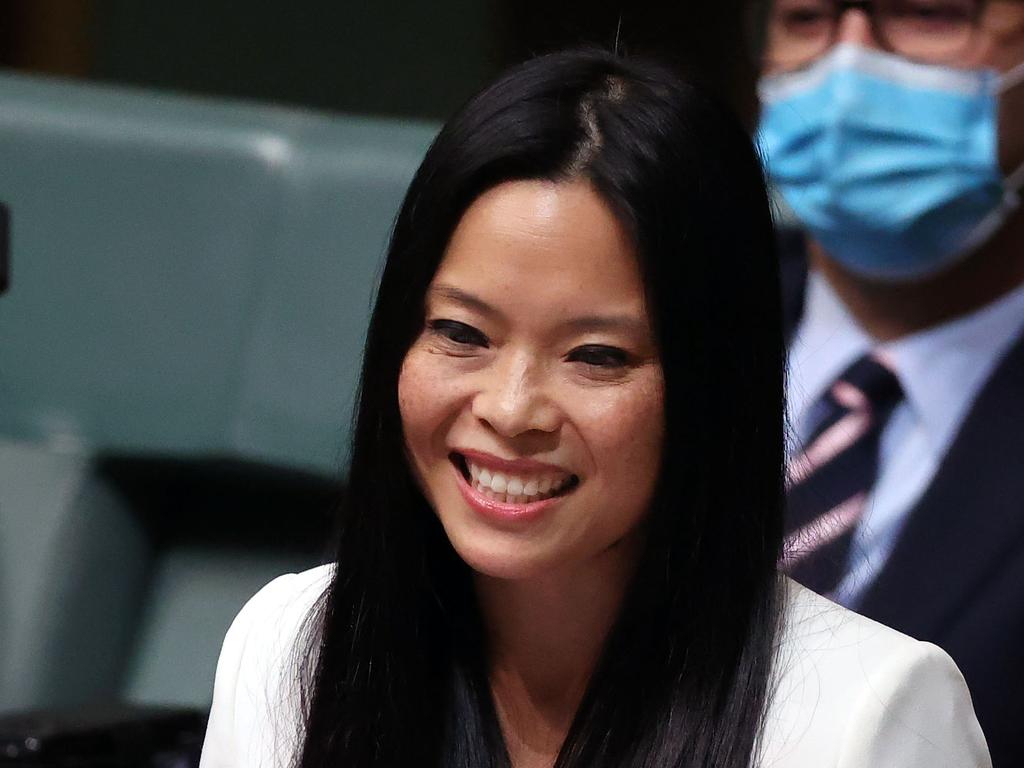PM’s test: to break cycle of first-term failure


The Albanese government comes with a solemn obligation – to have a successful first term that breaks from the debacles of the past. The task is for the leader and parliamentary party to purge the cycle of failed first-term governments from which neither the Rudd-Gillard-Rudd government nor the Abbott-Turnbull-Morrison government fully recovered.
The reference points are anchored in history. First terms in the transition from opposition to government are filled with hazards and high risks; consider John Howard in 1996, Kevin Rudd in 2007 and Tony Abbott in 2013.
Nobody, not the media, their colleagues or their opponents, believed Rudd and Abbott would be deposed in their first terms. Both leaders won with a bigger majority than Albanese enjoys. These first-term failures cost Australia; they undermined confidence in the political system overall and in the ability to deliver national interest policy.
Moreover, it is now lost in the fog of history how vulnerable Howard was in his first term. Indeed, he came close to losing his way with Howard’s chief adviser, Grahame Morris, confessing: “We genuinely thought it could be a one-term government.” The turning point of Howard’s first term was his “death or glory” embrace of the GST to save his government from decline by stagnation.
The lesson is the experimental nature of new first-term governments. The obligation on Albanese Labor is to deliver a stable, successful opening term. The real test is not reinventing the wheel, being a transforming prime minister, outdoing Bob Hawke or posing as Mr Charisma from progressive central. What is needed is governing competence and pragmatic realism. Albanese either delivers this or he fails.
The test is to advance national interest policy, retain public trust and lay the foundation for ongoing improvements. The public has no appetite for radical change and puts strict limits on ideological indulgence. Albanese’s task is to read the times, run an agenda that fits the nation’s mood, deliver worthwhile gains and talk honestly about the problems.

Albanese’s success as a politician is his ability to grow. Nobody remotely picked him on his arrival as a future prime minister. He is self-made, in parliament for 26 years and having been through 10 elections. His strengths are parliamentary skills, respect for colleagues, an affinity with people and common sense. He benefits from being underestimated by colleagues and the Morrison government. There is one certainty for Albanese – his first term will be laden with dangers that cannot be foreseen. But there is a singular lesson: being smart is not enough.
The key at the start is to curb or eliminate your weaknesses. It is your weaknesses that will destroy you when your strengths cannot save you. The Governor-General’s speech at parliament’s opening talked about a “turbulent” world but outlined an agenda that was modest, practical and businesslike. The first test for parliament is to honour the government’s mandate, pass its 43 per cent emissions reduction climate bill and show the centre-left grasps the logic of the election is unity around greater climate action. If the bill is defeated, it will represent another triumph for narrow, destructive, sectional interest that has cursed this parliament for more than a decade.
The great policy challenge is the economy with inflation figures coming on Wednesday and Jim Chalmers delivering his ministerial statement, the major event of the week, on Thursday. Albanese talks about a government that has “hit the ground running”. He must be kidding. Outside foreign affairs, the government has done almost nothing in terms of executive decision-making.
Maybe that’s smart, pretending its modest agenda is actually a major agenda. Where the government has signalled rapid action – abolishing the Australian Building and Construction Commission and delivering 10 days of paid family and domestic violence leave to all workers – it has stuck by its election commitments.
But will Albanese have the political courage to move beyond his mandate? That will become an essential task in his opening term. And that leads directly to the economy. Albanese’s dilemma on the economy is the magnitude of the problem – high inflation, negative real wages, weak productivity – compared with the modesty of his economic policy response as outlined in the Governor-General’s speech.

The government seems reluctant to stand collectively against the inflation bogey. Is Chalmers going to be left playing a solo hand? Will Albanese become a prime minister who shuns economic policy interventions, leaving the running to the Treasurer? How long can Albanese tolerate his cost-of-living reduction pledges being mocked by high prices?
Every new government is a mass of contradictions, Albanese’s more than most. That’s because his election agenda was largely framed for a world that mostly disappeared during the campaign. What’s left is a mixed tapestry – an Albanese government bold in aspiration, cautious in content, incremental in policy, strong on climate change, anxious to prove its economic responsibility, faithful to the unions, keen to work with business, searching for common ground, skilful at discrediting the Morrison legacy, pragmatic in method but keen to display its progressive credentials.
The government’s character is not yet formed. The iron will enter its soul under the brutality of governing. Remember in the early days Bob Hawke wanted to remove Paul Keating as treasurer fearing he couldn’t do the job.
The essential question awaits an answer. Is Albanese up to the job? Being a successful opposition leader is no guarantee of being a successful prime minister. Albanese sends mixed messages. He preaches reassurance to the public but tells the caucus Labor’s mission is to “change existing power relationships in society” in the cause of equality.
His greatest passion is apparent – the voice to parliament. The Uluru statement had pride of place in the Governor-General’s opening of the parliament. Albanese’s constant mantra is this constitutes “an opportunity for healing and learning from the truth of our history”. It will become the moral essence of his prime ministership. He seeks to repeat the 1967 referendum result and enshrine a “defining moment for our nation”. The more he builds the case, the greater the stakes for Albanese and the country. The voice will become the judgment call on his capacity to reshape the country as a leader – and choosing a referendum for this test is an extreme risk.
The onus falls on Albanese to lead the way – to explain what the voice involves, to maximise the bipartisanship and, being realistic, to explain what the voice won’t do in order to curb legitimate alarms. Does he grasp the magnitude of the challenge? Changing Australia by referendums is a traditional Labor obsession. But this campaign in his first term will shape Albanese’s character as a prime minister – the issue being whether it unifies or divides the nation.






The opening of parliament under a new government is filled with symbols – but a new government is an experiment, conceived in optimism, challenging in practice. Anthony Albanese arrives with a narrow majority, a depleted opposition and a fragmented nation hoping for a better politics.